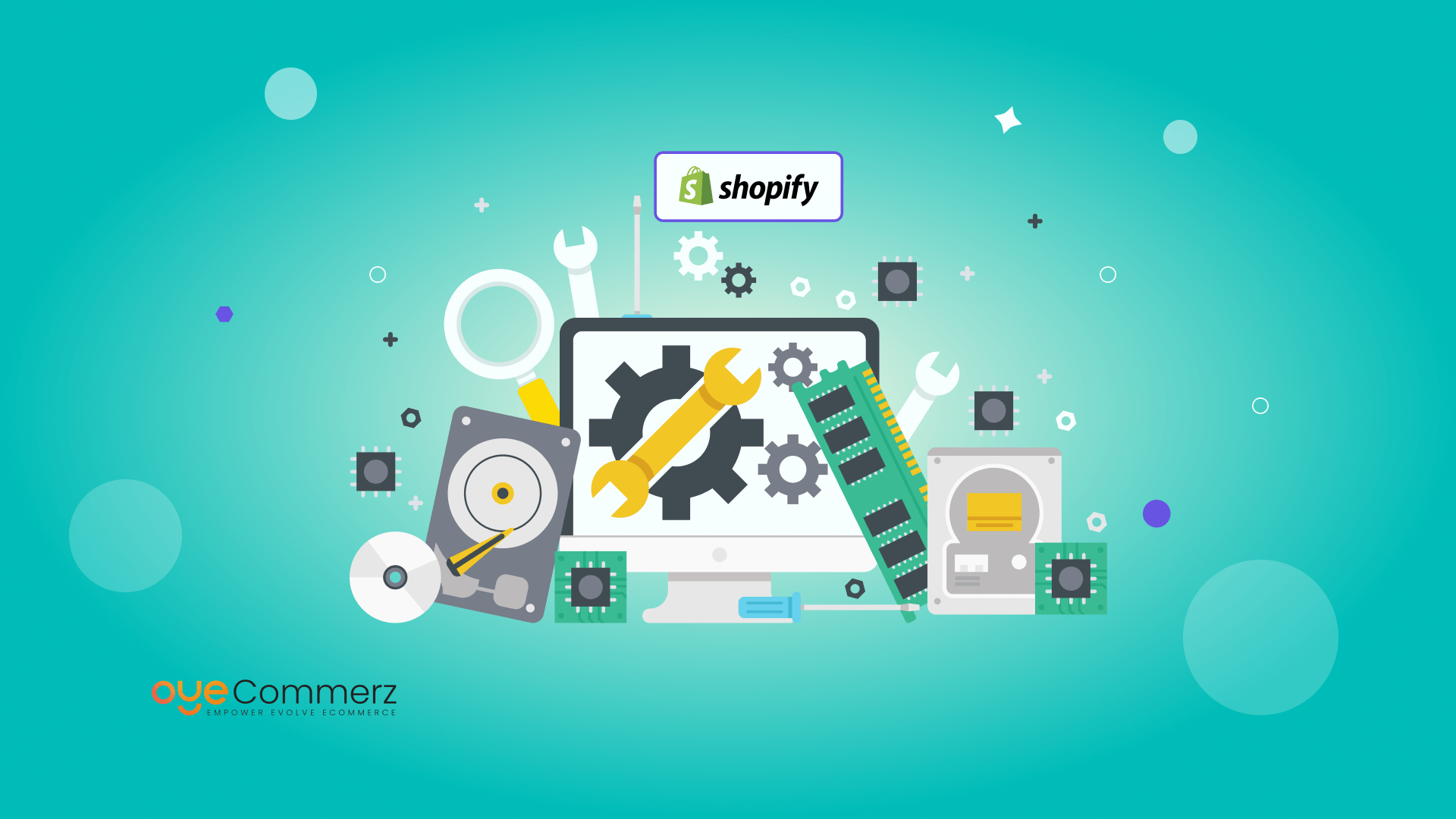Introduction
In today’s competitive e-commerce landscape, standing out is paramount, and a top method to differentiate a Shopify store is through tailored app development. A robust Shopify app can boost store functionality, simplify processes, and elevate customer engagement. This guide delves into key elements of Shopify app development, from API integration to scaling strategies and promotion methods, offering a roadmap for businesses looking for unmatched store performance.
Why Shopify API Integration Matters
Shopify’s API offers robust tools to customize and expand store capabilities. With the GraphQL and REST API options, developers can access data to create apps that handle inventory control, order processing, and customer data management seamlessly. Using Shopify’s API can enable improved workflow automation and allows stores to assist shoppers more effectively.
Adopting the Polaris Design System
Shopify’s Polaris is Shopify's set of design guidelines for creating user-friendly and accessible Shopify apps. By adhering to Polaris principles, developers guarantee that apps integrate smoothly within the Shopify Admin experience. This provides a cohesive look and feel that appeals to Shopify merchants, promoting usability and comfort for merchants utilizing your custom app.
Understanding the Shopify App Ecosystem
The Shopify app ecosystem provides numerous opportunities for improving e-commerce sites. From managing fulfillment processes to boosting customer interaction, apps in this ecosystem are designed to meet diverse business needs. Familiarizing with this ecosystem helps developers in identifying unique app opportunities and enables smooth connections of third-party services that add value to the store.
Developing Embedded Shopify Apps
Embedded apps work seamlessly within the Shopify Admin, providing a smooth interface for merchants. They allow merchants don’t have to navigate away from their Shopify control panel, streamlining their workflow. Using Shopify App Bridge and embedded app features is a best practice for offering a unified, well-integrated user environment.
Leveraging Node.js and React for Shopify Development
Node.js and React have become top options for Shopify app creation. This server-side framework enables efficient server-side applications, Node.js for Shopify while React enables dynamic, responsive front-end user interfaces. Combined, they provide an excellent framework for building fast, scalable Shopify apps that improve store functionality and customer interaction.
Webhooks in Shopify Apps
Webhooks enable instant data updates between Shopify The future of Shopify apps and an external app. They trigger events such as order creation or stock changes and send instant alerts to your app. By utilizing webhooks, apps can deliver real-time information to store owners, streamlining workflows and boosting productivity.
Customer Engagement and Digital Marketing for Shopify Apps
To make a Shopify app successful, engaging customers is key. Utilizing digital marketing strategies like SEO, email marketing, and social media campaigns can increase app usage. Additionally, creating applications with customer engagement in mind (e.g., loyalty programs or personalized recommendations) boosts user retention and loyalty.
Scaling Your Shopify App
As e-commerce businesses grow, so do their technological needs. Ensuring that your app can manage increased traffic, larger data sets, and more advanced functionalities is critical. By improving server resources and implementing scalable technologies, you can create apps that grow in parallel to a store’s growth.
Essential Features and Maintenance for Shopify Apps
For an app to be useful, it should offer essential features like user authentication, analytics dashboard, and customer support options. Regular app upkeep, with updates to fix bugs and compatibility checks with new Shopify features, is important to maintain uninterrupted performance and avoid interruptions to merchant workflows.
Conclusion
Custom Shopify app development holds vast potential for e-commerce stores, offering the chance to enhance performance, streamline processes, and foster customer loyalty. With API integrations and Node.js to ensuring scalability and customer interaction, building a Shopify app involves careful planning and strategic execution. If you’re prepared to elevate your e-commerce experience, a custom Shopify app could be the ideal solution. What features do you see for your ideal app? Share your ideas and begin the journey to an optimized e-commerce journey!
